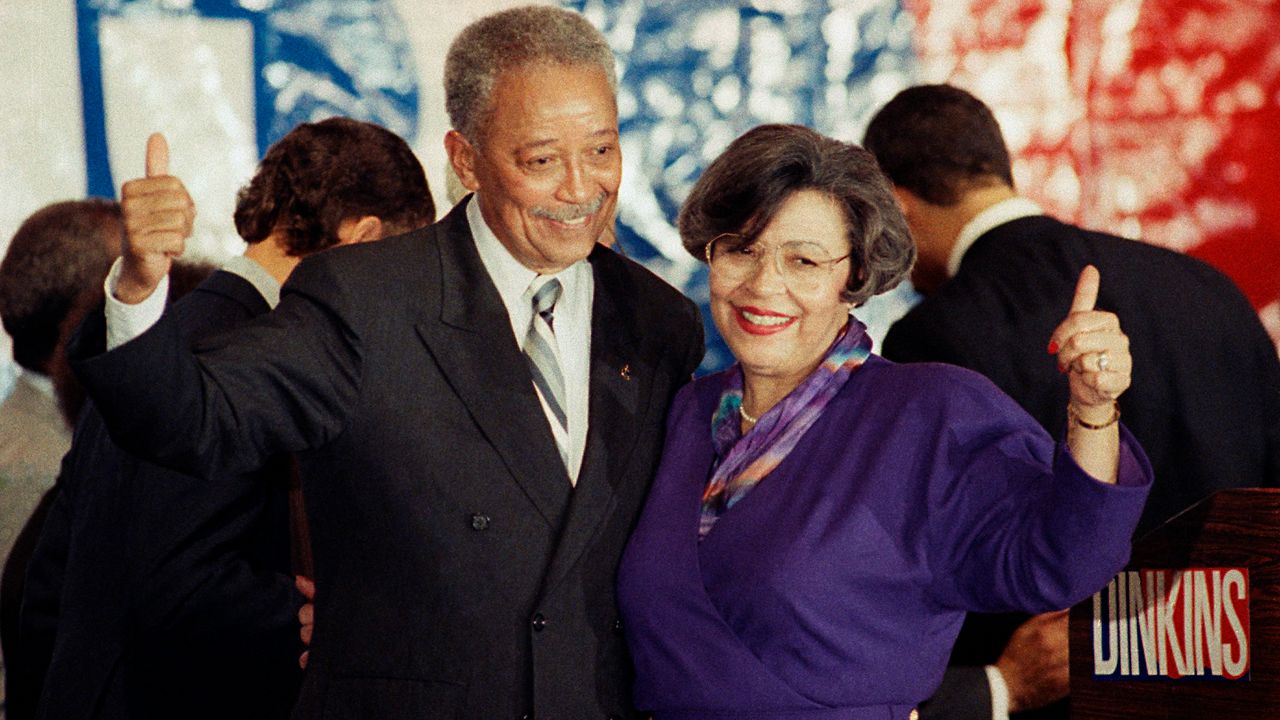For me, David Dinkins will always be about youth.
This may seem like an odd observation to make about a machine politician who became mayor at the age of 62, but if you looked under the hood of his campaign in 1989, you would see what I mean.
The birth of Dinkins' bid for City Hall lay in the death of Jesse Jackson's presidential campaign in New York – partially strangled by the mayor at the time, Ed Koch.
Jackson’s campaign was supported by a wide assortment of liberal New Yorkers who were fed up with eight years of Ronald Reagan and wanted serious change. A fiery protégé of Martin Luther King Jr., Jackson stood out in a pool of passionately moderate white candidates that included Michael Dukakis, Dick Gephardt, Al Gore and, for a while, Joe Biden.
Going far beyond just endorsing Al Gore in the primary, Koch launched an attack on Jackson, at one point saying that Jews and supporters of Israel "have got to be crazy" if they supported Jackson. Before the era of Donald Trump, that kind of talk was an act of political war. And supporters of Jackson returned fire on the night of the New York primary, chanting "Down with Koch" as Dukakis won that race over both Jackson and Gore.
Jesse Jackson's night of defeat at the Sheraton Hotel cemented a coalition in New York City that launched Dinkins past Koch and then Rudy Giuliani in November 1989. Ironically, Dinkins’ victory party was also at the Sheraton and filled with many of the same people who were at the hotel in mourning in April 1988. Much like Brooklyn Dodgers fans who finally saw their team win the World Series, Dinkins' jubilant supporters were bouncing off the walls. Writing for my college newspaper, I ended my dispatch with the sentence: "And the night was young for David Dinkins."
Night typically gives way to day, but there wasn’t a lot of sunshine during Dinkins' four years in office. Running New York with empty coffers during the AIDS epidemic and a crack-fueled surge in crime exceeds most nightmare scenarios on "Sim City." And Dinkins' thoughtful and measured manner was too often ill-suited for a city in crisis.
Dinkins was the right man at the wrong time, a mayor who likely would have thrived at the city's helm in a more prosperous era. But his political coalition, which was shattered by 20 years of Giuliani and Michael Bloomberg, was largely re-forged by a former young staffer in his City Hall, Bill de Blasio. And far beyond the current mayor, the city is being tilted to the left by a new generation that never really knew Dinkins but likely would have embraced his politics.
Dinkins may have lost in 1993, but he seems to be winning now. The night is still young for David Dinkins even though he’s gone.



